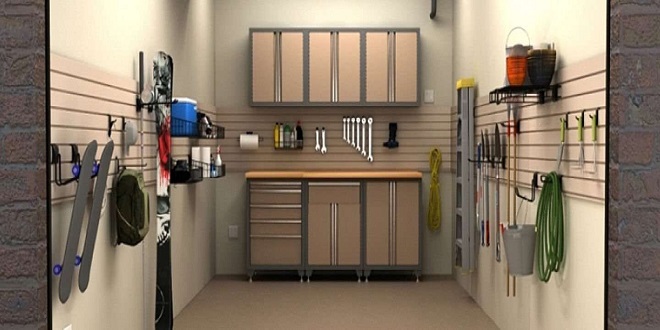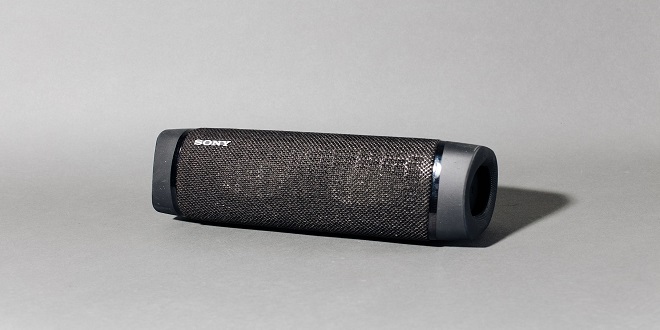Restaurant Accounting: 5 Important Considerations

A restaurant manager has to deal with gratuity, inventory, and a whole lot of paperwork, among other things. Because of these factors, even an experienced accountant may find himself in a pit of confusion if he’s new to the restaurant industry.
But if you are willing to invest your time and effort in the restaurant business, let us tell you that it’s not as hard as you think. We will provide 5 critical tips you should consider if you are planning to begin your adventure in the restaurant industry, which can be very lucrative and rewarding.
1. Labor costs and operating expenses
The labor and operating expenses of a restaurant are two key numbers you should pay attention to. To run a restaurant, you need laborers who will perform various jobs in the restaurant for a fee. You would call labor costs, including the cost of your cooks, hosts, servers, dishwashers, and anyone who works for the restaurant.
The labor cost is nothing but the amount of money that you pay to each employee of your restaurant. But that is not the only payment that you will make. The operating costs of a restaurant are also equally important. It’s about how much it costs to keep the restaurant running. It’s about the cost of electricity that your restaurant consumes, the rent you need to pay, and so on.
2. Cost of goods that you will sell
The costs of goods sold in your restaurant refer to the total cost spent on making the said goods. This includes the cost of ingredients in the inventory and the costs of making the product using the same ingredients. So, for example, if you prepare a dish, the cost of the elements that go into making that dish is what you call the cost of goods sold. But it doesn’t include the cost of using the utilities to prepare the dish, just the ingredients. So, it’s the cost of preparing all the words on your restaurant’s menu.
3. Prime cost
Prime cost is best explained as the total cost of running a restaurant, including the labor cost, rent, operating cost, equipment cost, tax, and the cost of goods you sell, among other things. Without the prime cost, you cannot perform a cost-to-sales ratio; without it, you can’t determine if your restaurant business is profitable.
So, make this your priority and make sure the calculations are all right. Even a slight variation in the numbers could make it look like your business is at a loss, even though it could very well be profitable. This also provides insight into where you spend most of your money and make appropriate changes that could further reduce premium costs.
An easy way is to employ restaurant accounting services online that could do all the calculations for you. All you need to do is punch in some numbers, and voila!
4. Profits
After all, it is a business. To run a successful business, you need to be making a lot of money, or in other words, profit. But how do you determine profit? You are making some money if your revenue is higher than the prime cost. But do the profits justify all your efforts and are you still pushing to keep the business afloat?
Simply put, are you making enough profit? The prime cost will decide whether your restaurant business is profitable or not. Your business is successful if there is a significant difference between the tremendous cost and the total revenue. So, an accountant’s job would be to ensure that the premium cost is lower than the business’s total revenue.
5. Chart of all accounts
The last tip is to keep a chart of everything. All the accounts must be added into one final chart, which you will use to keep track of everything and see how much your business is growing. This chart will include the accounts of all the assets, liabilities, equity, revenues, tax, and expenses, among other things. Use outsourced accounting services to keep track of all the accounts.
Basic Accounting and Bookkeeping Mistakes That You Should Avoid
Everyone makes some mistakes, and so will you. At least during the beginning of your new restaurant business. We will now talk about some basic accounting and bookkeeping mistakes you should avoid if you want your business to keep churning out profits. Avoid making the following mistakes.
- Improper Sales Entry
If you allow advanced booking and someone orders some food on Sunday that will be delivered on Monday, then the sales entry of the food should be placed on the Sunday entry and not Monday. Such improper access will eventually lead to accounting errors.
- Inconsistent Inventory Records
Improper and erratic inventory records can also end up as accounting if you are not careful. If you serve alcohol in your restaurant, the alcohol sales and inventory records must be calculated separately from other goods.
- 3rd Party Online Food Delivery Sales
If you have a tie-up with 3rd party online food delivery services such as DoorDash, then sales from such delivery, taxes, and fees for the service must be carefully accounted for.
Conclusion
The restaurant business can be tricky, but not so much if you keep these tips in mind. As an accountant, you can do all the calculations yourself or go smart by using various online services which will do all the math for you.




